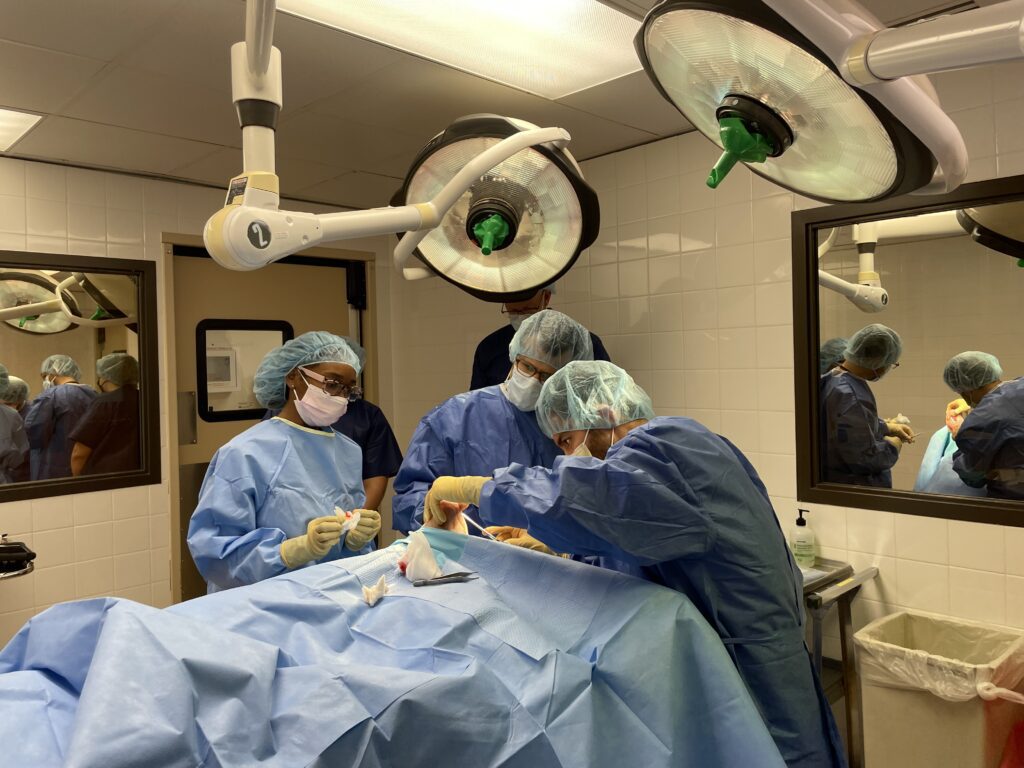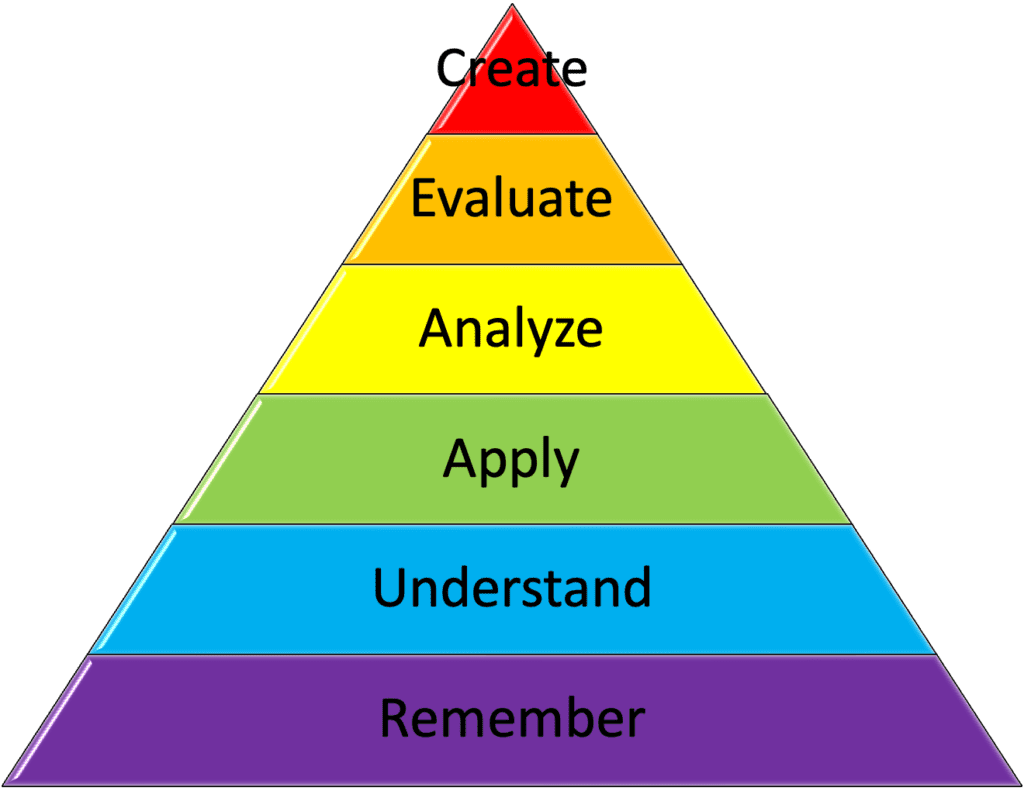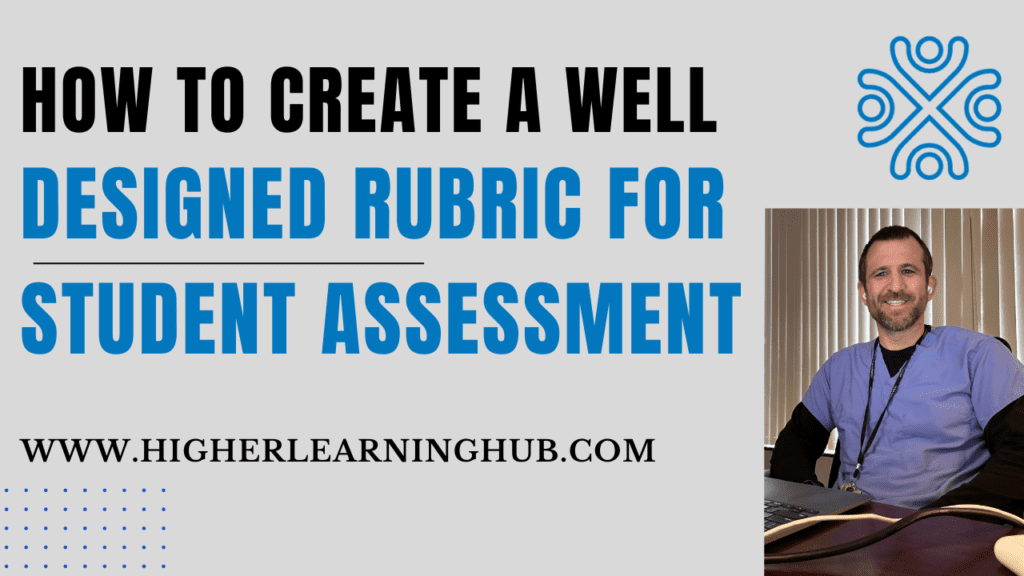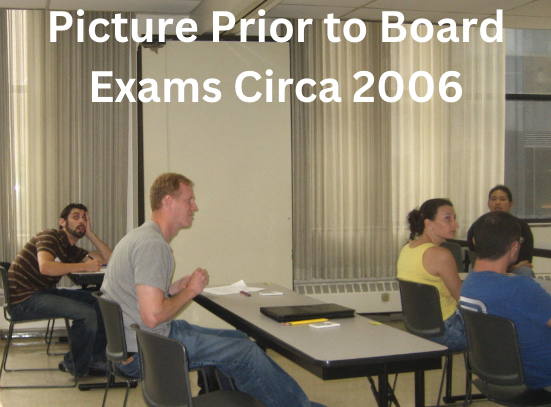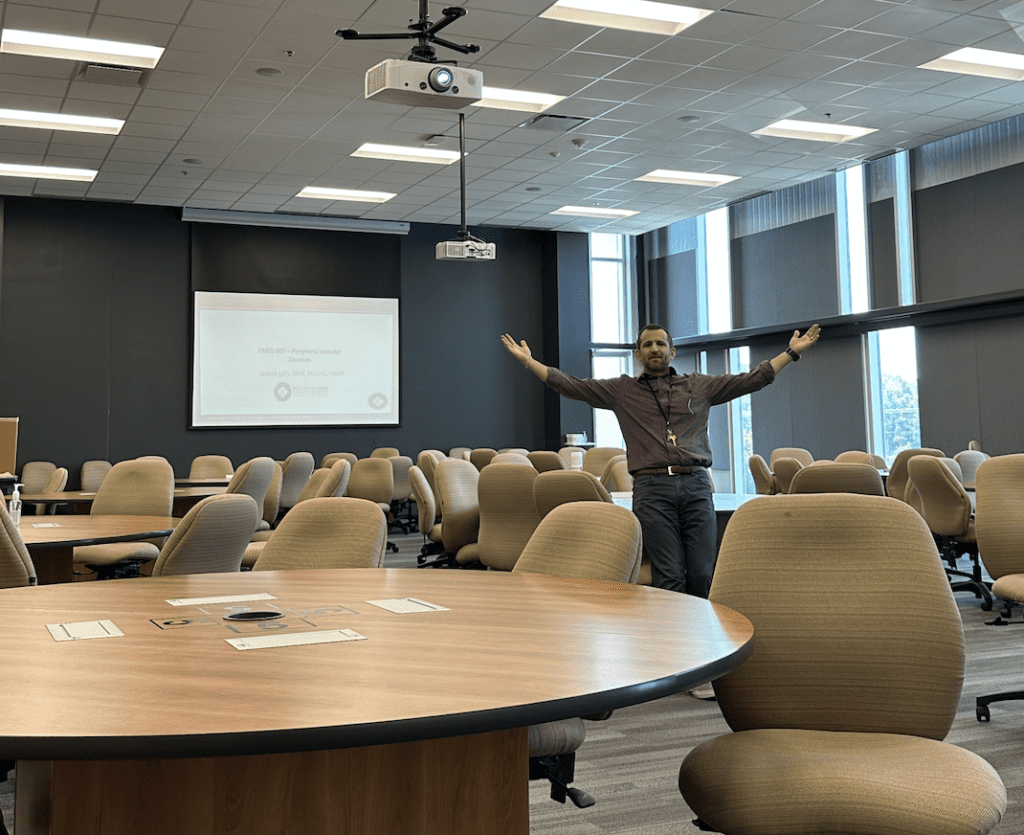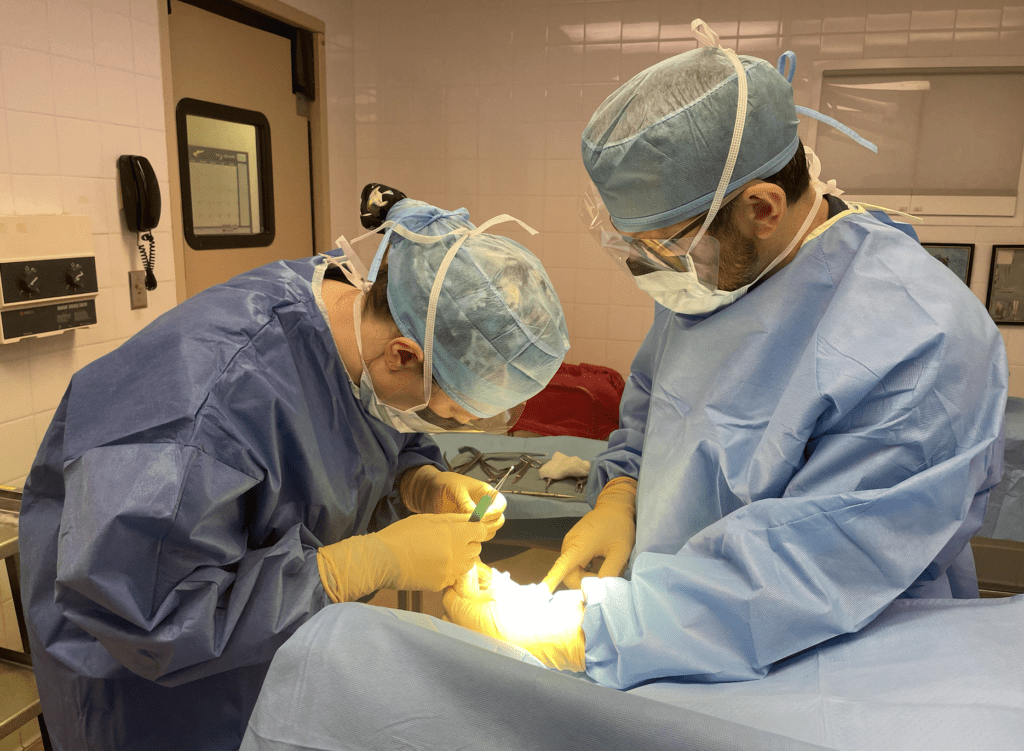In the ever-evolving landscape of higher education, the ability to think critically is an invaluable skill that transcends academic boundaries. Cultivating critical thinking skills not only enhances students’ academic performance but also prepares them for the complexities of the real world. In this blog post, I will explore the importance of critical thinking in higher education and provide a blueprint for educators to foster this essential skill among their students.
The Importance of Critical Thinking in Higher Education
1. Preparation for Real-world Challenges:
Critical thinking is the cornerstone of problem-solving in professional and personal situations. As students transition from academia to the workforce, the ability to analyze information, evaluate options, and make informed decisions becomes paramount.
2. Enhanced Learning Experience:
Critical thinking transforms the learning experience from passive absorption to active engagement. When students question, analyze, and synthesize information, they develop a deeper understanding of the subject matter.
3. Adaptability and Innovation:
In a rapidly changing world, adaptability and innovation are crucial. Critical thinking instills the capacity to adapt to new situations, think creatively, and generate innovative solutions to complex problems.
Strategies for Cultivating Critical Thinking Skills
1. Interactive Classroom Activities:
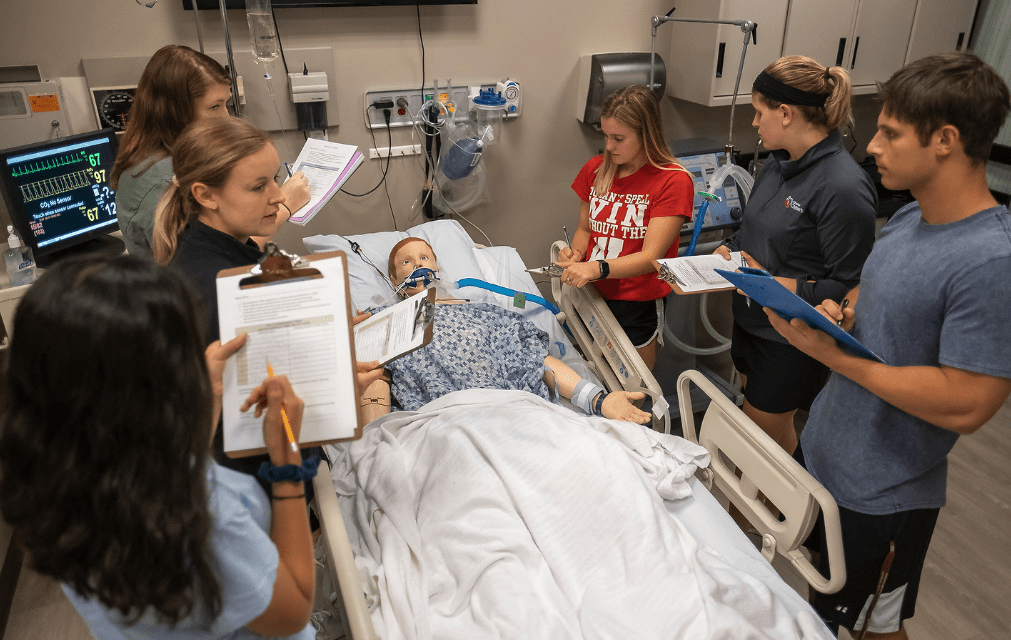

Engage students in interactive activities that promote critical thinking, such as case studies, group discussions, and problem-solving exercises. These activities encourage students to analyze information from different perspectives and articulate their thoughts effectively.
2. Questioning Techniques:
Encourage a culture of questioning by posing open-ended questions that require students to analyze, evaluate, and synthesize information. This helps them move beyond memorization to a deeper understanding of the subject matter. Empower students to climb the levels of cognitive learning by fostering an environment of curiosity, providing engaging and challenging learning experiences, and encouraging reflective practices that deepen their understanding and critical thinking skills. Writing learning objectives with the appropriate action words can help the students better understand your expectations of them.
3. Real-world Applications:
Demonstrate the real-world applications of academic concepts. Connecting theoretical knowledge to practical scenarios helps students see the relevance of what they are learning and encourages them to think critically about how to apply their knowledge.
4. Diverse Perspectives:
Promote diversity in thought by exposing students to a variety of perspectives and opinions. This can be achieved through guest speakers, diverse readings, and class discussions that challenge students to consider alternative viewpoints.
5. Feedback for Growth:
Provide constructive feedback that focuses on the development of critical thinking skills. Highlight areas where students demonstrated effective analysis and offer guidance on areas for improvement. Encourage reflection on their thinking processes.
Overcoming Challenges
1. Time Constraints:
Integrate critical thinking activities into existing lesson plans rather than viewing them as additional tasks. This ensures that the cultivation of critical thinking becomes an integral part of the learning process.
2. Fear of Failure:
Create a supportive environment where students feel comfortable taking intellectual risks. Emphasize that making mistakes is an essential part of the learning process and an opportunity for growth.
Fostering Critical Thinking Skills in Our Students
Cultivating critical thinking skills in higher education is not just a goal; it’s a necessity. As educators, our role goes beyond imparting knowledge — we are shaping the future thinkers, innovators, and problem-solvers of the world. By incorporating these strategies and emphasizing the importance of critical thinking, we empower our students to navigate the complexities of the modern world with confidence and competence. Through intentional cultivation, we pave the way for a generation that doesn’t just learn; they think critically, question boldly, and contribute meaningfully to the global conversation.


Leland Jaffe DPM, FACFAS
Associate Professor and Dean
Podiatric Foot and Ankle Surgeon
North Chicago, Illinois

